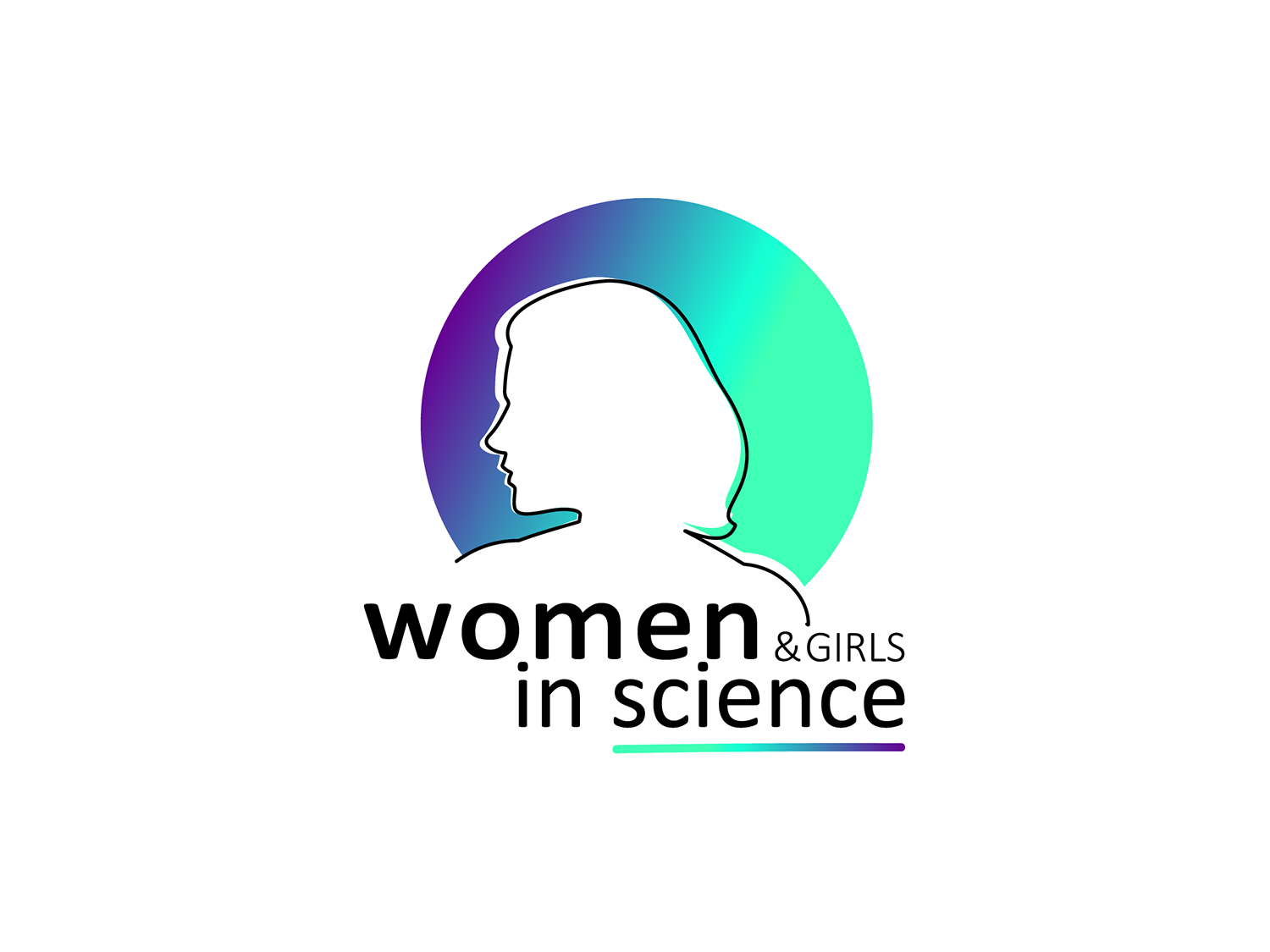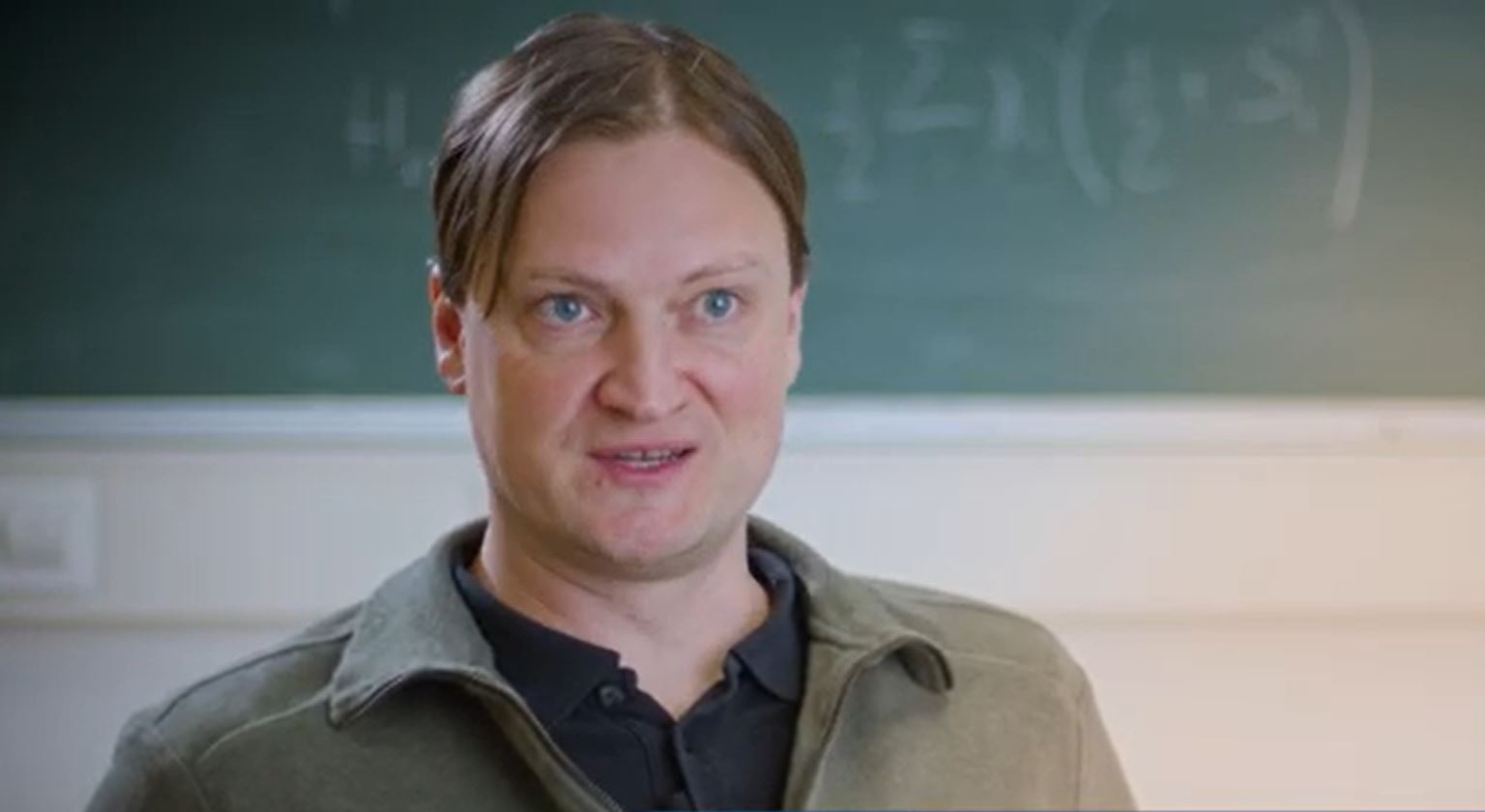A glimpse into DPhyMS
A stimulating multicultural department of international renown
Today’s world meets a major sustainability challenge. Scientific and technological innovations are part of the response. DPhyMS is laying the foundations in this field by spearheading unconstrained research in complex systems, quantum technologies, and materials science. By training young scientists to address complex topics, we meet another need of the Grand Duchy of Luxembourg and the world as a whole.
Our department in numbers
-
21professors
-
15research scientists
-
118post-docs & docs
-
18technical & admin staff
News
-

Young European scientists compete in Luxembourg
OutreachLife Sciences & Medicine, Physics & Materials ScienceLearn more -

“I see myself as the captain of a boat embarking on uncharted territory”
Outreach, Research, UniversityPhysics & Materials ScienceLearn more

